A Short Story about How I Reclaimed My Identity as An Artist
by Rouqayya Majeed
In 2016, I decided to go for a minor in Fine Arts after finishing my degree requirements for Arts and Interior Planning. In one of the painting courses, I had the assignment to do a self-portrait. That was the wrong assignment for the wrong person. The reason isn’t really complicated. I just hated my nose! I mean come on, who doesn’t? I finished my assignment halfway, then decided that it belonged in the trash rather than the final exhibition wall. My instructor was generous enough to give me a C instead of a D. Being a straight-A student since I was at KG’s (Kindergarten), failing an assignment was a first, but definitely not one worth celebrating. I already had a lot of insecurities about my looks, and failing an assignment that was literally about my face, only made things worse.
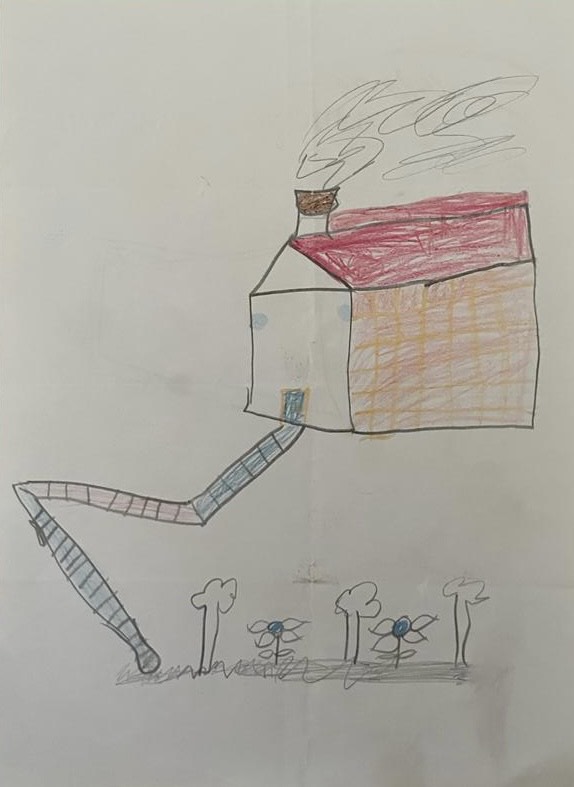
After my graduation, I still felt bad about the fact that I couldn’t do a portrait, so I practiced and practiced until I was able to do very detailed real-life portraits. However, I still felt that my self-appreciation as an artist had gone to the trash along with my portrait on that day. And I literally felt like it was too late to save it now. I believed that I had lost it once and for all.
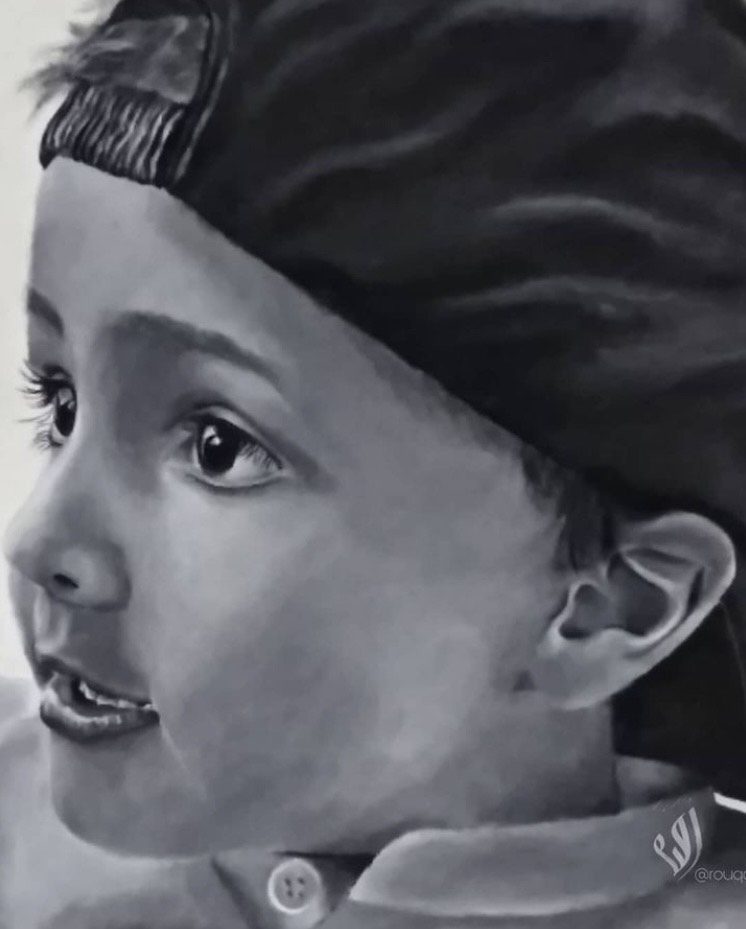
Acrylic portrait in black and white on canvas.
Rouqayya, 2019
In my graduate research journey that started by the end of 2022, I had to think of a question that I needed or wanted an answer to. I knew there is a lot going on around the world, as well as in the field of art education, but I also knew that I had enough issues myself, that I didn’t really need to look further to find a question worth answering.
It sounded like time to question how I lost my identity as an artist, and why it is never enough, no matter how good the art I made, for me to feel that I deserve being called an artist. I’ll make it short. The thing is that the art I made wasn’t made by me being me, it was rather made by the me who sought the validation of others around me. The portraits I did felt like any other photograph or copy you could digitally replicate. I had to figure out the medium, and the art that spoke of me, and tell my story.
A flashback in time to when it all had started…
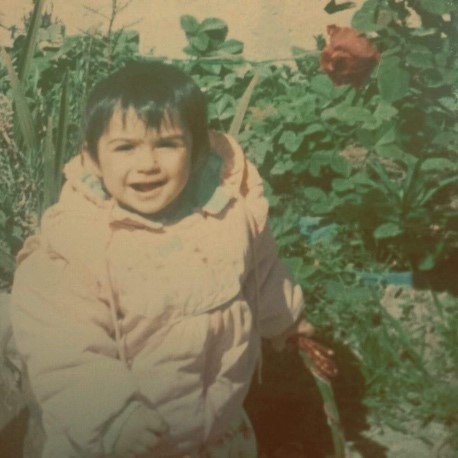
I am a Lebanese daughter to an originally Iraqi dad. When I was seven years of age, my mom shared with me the story of how my dad immigrated from Iraq to Lebanon during the Gulf War. It was a months-long journey of unimaginable hardship and a sequence of life-threatening events. (Let’s ignore the secondary trauma that I have inherited from this story for now). When I heard of this, it all made sense to me. Why my neighbor kids looked at me and my siblings in a weird way, why I had a slightly darker skin tone than my cousins from mom’s side, and why instead of playing outside with other kids, I preferred painting and art making using the big art supplies box that I still have today. I never felt that I belonged to where I am, and art making was the way my parents distracted me from the feeling that I do not belong here.
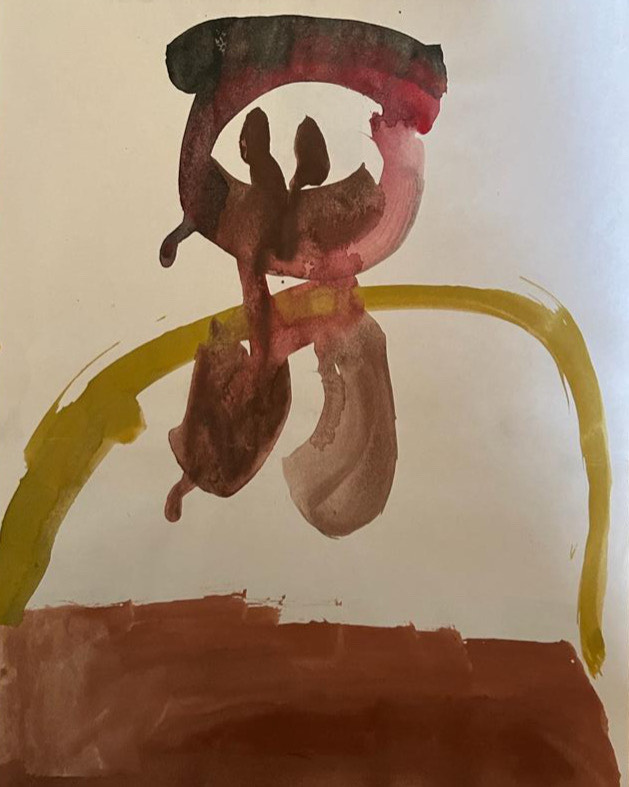
I grew up making art as I grew up learning and eating and doing the basic things I need to do in life. I have recently found myself stuck between two questions in my head: When did I stop being that kid? Why did I stop being that kid? What happened?
I kind of assume that the answer to that is expectations. Expectations that the society and the whole system places on us, pressuring us to work harder to deserve what we earn, to be worthy of titles, to make more money, to get promoted at the expense of our mental and emotional wellbeing… I did the real-life portraits so that I could tell my instructor that I can do portraits and I deserve an A, and to show my classmates back then who are on my Instagram now, that I can do portraits and deserve an A. I was submissive to the social pressure that I had to work hard to be what I do not even want to be!
I tried working with different art media and used different art forms for self-expression, and I did really beautifully impressive work that had a very therapeutic effect on me during the process of making. At some point I no longer felt that I was doing hard work, but still couldn’t find the courage to introduce myself to people as an artist. This innate gift that I had grown as a kid, was lost from me for some time as an adult.
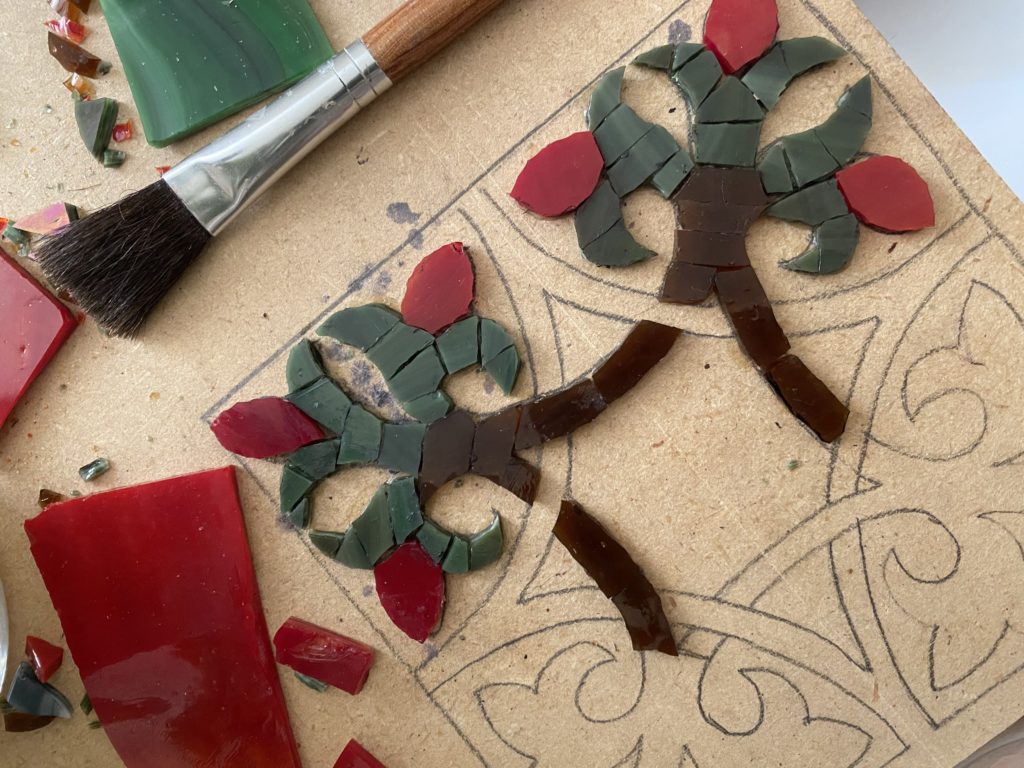
In my grad research that is an art-based narrative self-study, I ask myself the question: “How did art making and storytelling make me feel home?” I use my memories and artwork as data to analyze through narration, in order to find an answer for this question. Going back to the feeling that I did not have the sense of belonging as a kid, making art was the only way I defeated that feeling. Art making was a space for me at which I felt safe, at which I felt I’m enough, at which I actually didn’t think about myself so much, and was able to enjoy being where I am, doing what I know best to do, art!
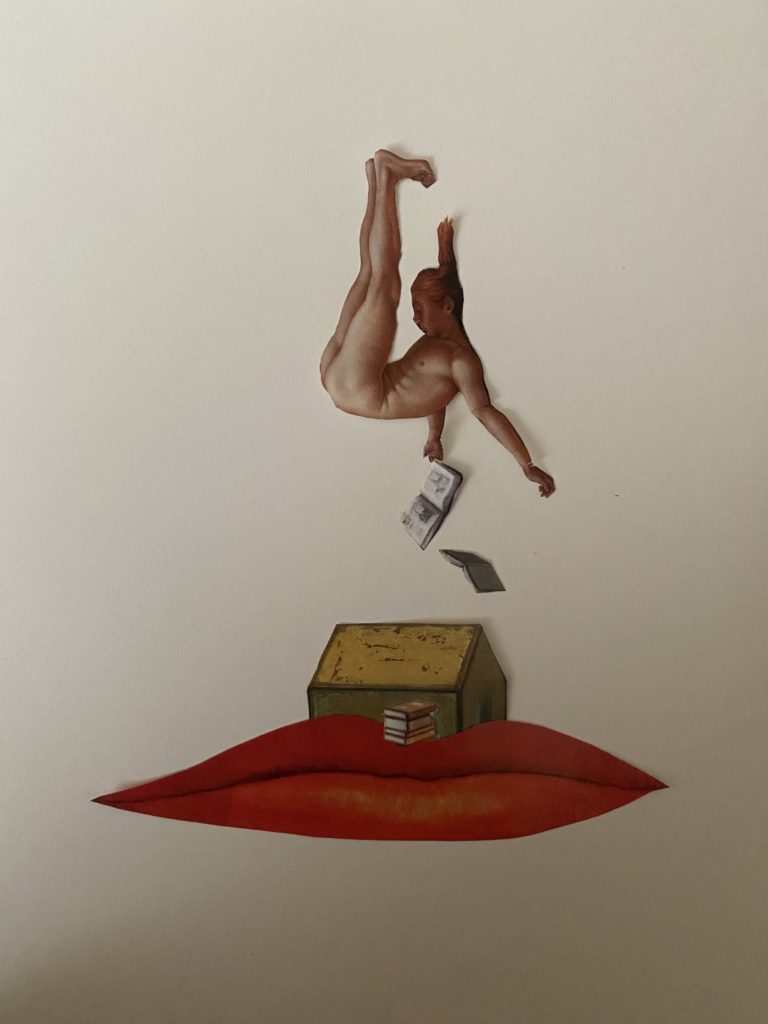
A collage by Rouqayya, 2022
As part of my research, I thought to myself that maybe it’s time I try to do a self-portrait. It happened that I recalled a memory of me and my dad arguing about what shawarma wrap tastes better while he was about to place an order at a restaurant; is it the chicken or the beef? “The beef shawarma doesn’t look nice. I prefer chicken.” He said: “we don’t have to look at it, we have to eat it. Here, close your eyes and take a bite of my sandwich and then tell me what you think.” It was the best thing I ever tasted in my entire life, and still is. It’s been my favorite since then.
Recalling this memory, I had the idea that maybe I should try to do a self-portrait with my eyes closed. It was the most brilliant idea I ever had. These abstract portraits I did, had mirrored me perfectly, my ideas, my emotions, my insecurities, my story! I looked at these portraits that I did and literally immediately got back the feeling that I am an artist! I am an artist! It was just a pencil and a blank sheet of paper and me. No overthinking, no hours long of detailed hard work, no pressure!
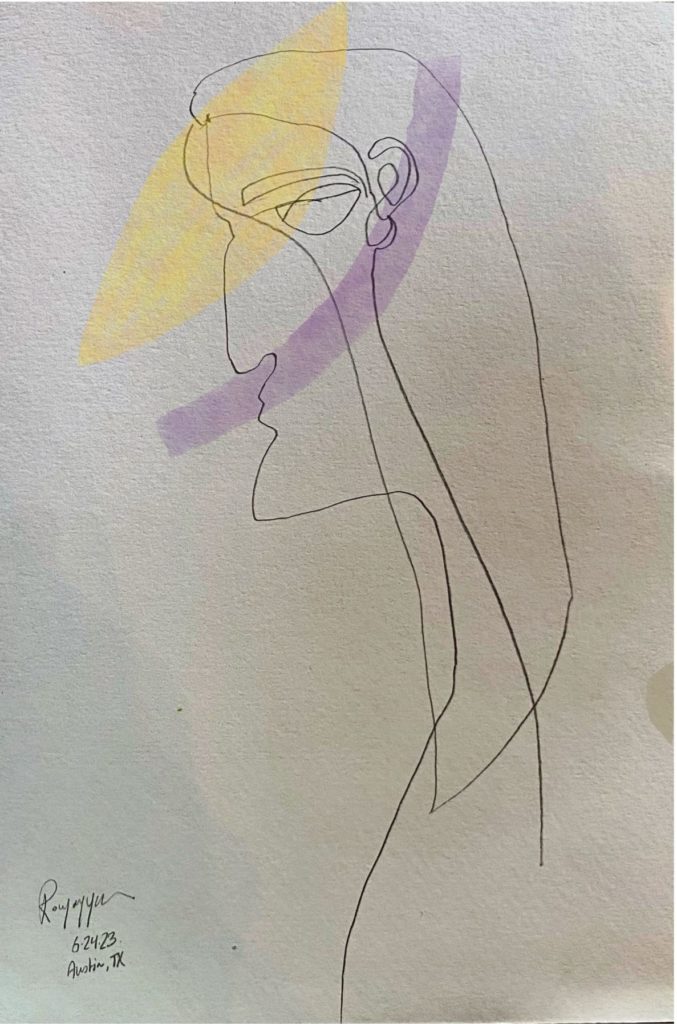
Now when I look back at the progress of my art making in terms of medium and how it had been parallel to the emotional fluctuations I had over the years, I see clearly how it was not only my way to speak about my emotions and ideas, but also to mediate them and regulate them as well. It was the way that I felt like I belonged, the way I found home!
I cannot wait until I share these portraits and my stories with the world someday.

Rouqayya Majeed is a Lebanese Fulbright ’22-’24 Grantee who earned the scholarship for an MA in Community-based Art Education at the University of Texas at Austin. She has a BA in Arts and Interior Planning, a minor in Fine Arts. Besides being an experienced glass mosaic artist, Rouqayya has four years’ experience in art teaching for kids aged 4-10 years, and seniors. Rouqayya enjoys cooking, reading, dancing, and meditation in her spare time. Her long term goal is founding an arts forum, atelier, and guesthouse accessible to the public, hosting mosaic, ceramic, and painting workshops for all age groups. You can follow her creative journey @rouqayya.m on Instagram.
